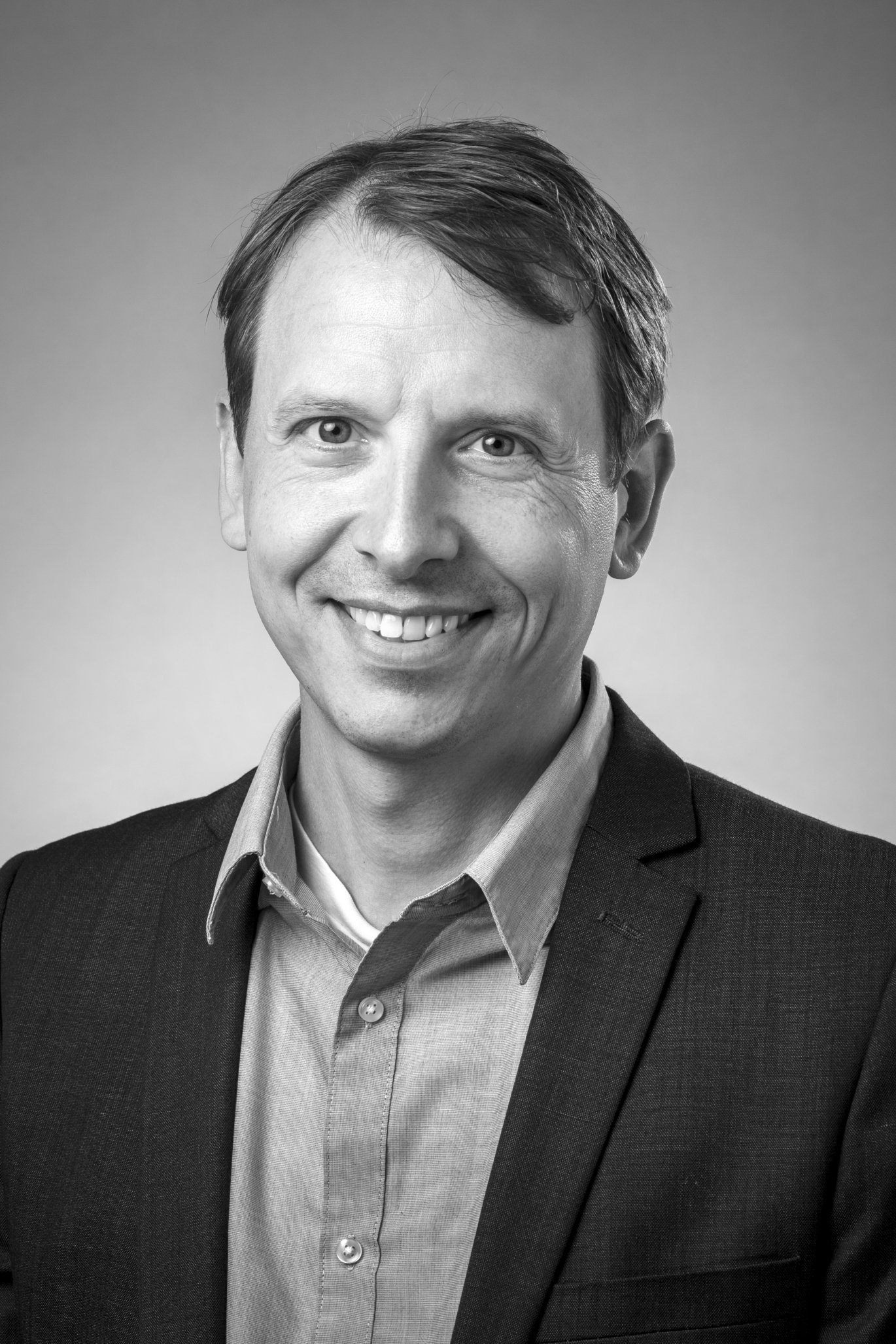Professor Michael Bang Petersen receives AU’s Research Communication Prize 2022
In 2021, he averaged eight daily appearances in Danish media, and he has also communicated his knowledge internationally in media such as CNN, BBC, Fox News, The Washington Post, The New York Times, Nature and Science. Michael Bang Petersen, professor of political science at Aarhus BSS, is this year’s recipient of the Aarhus University Anniversary Foundation Research Communication Prize.

Professor Michael Bang Petersen’s research has been published in leading international journals, and many of his publications have several hundred citations. But for the recipient of Aarhus University Anniversary Foundation Research Communication Prize 2022, the highest priority is making a difference in society.
“Research exists to make us all smarter. In order for it to do so, then we researchers have a responsibility to communicate our knowledge. No matter whether the audience is made up of fellow researchers, practitioners or the general public. My research was relevant in order to understand how citizens react during a crisis like the Covid pandemic, so I felt a strong responsibility to make my knowledge available,” says Michael Bang Petersen, professor at the Department of Political Science.
Michael Bang Petersen’s research takes place at a crossroads between political science, psychology and biology, and it contributes interdisciplinary insight into issues such as what drives polarisation in democratic societies and how political hatred is spread on social media. And how we react in cases where someone like Putin attacks Ukraine or when a virus attacks the whole world.
100 reports to government agencies and institutions and 8 daily media appearances
During the Covid pandemic, Michael Bang Petersen headed the research project HOPE (How Democracies Cope with COVID19), which monitored the development of citizens’ behaviour and opinions in a number of Western countries as infection rates fluctuated and restrictions were imposed and repealed.
Data collection began when the first wave hit Denmark in March 2020. So did the analyses and the research communication.
“Our fundamental vision was to deliver research which could be of use here and now. Usually, research has to go through an extensive peer review process, but in this case, society had an urgent need for reliable knowledge about what we found ourselves in the midst of. That’s why I took a different approach. There’ve been a lot of dilemmas involved in collecting data and communicating results simultaneously,” says Michael Bang Petersen.
Week after week, he and his colleagues in the HOPE project generated data in real time and sent reports to the Danish government and the Danish health authorities. Michael Bang Petersen is a member of the government’s advisory group concerning Covid-19, he is ad hoc adviser to WHO Europe, he has been a member of the Danish Health Authority’s Covid-19 Advisory Board, and he has presented within the framework of the European Commission and the Nordic Council.
In total, he has delivered more than 100 reports to government agencies and institutions, citizens and media. Last year, he averaged eight appearances a day in Danish media. In addition, he has communicated his knowledge in international outlets such as CNN, BBC, Fox News, The Washington Post, The New York Times, Nature and Science.
During the Covid pandemic, Michael Bang Petersen’s own Twitter account became one of his major communication channels – more than 33,000 people and organisations follow his profile. Through his tweets, he has not only communicated his knowledge; he has also contributed to the public conversation about science.
His research communication was based on data that mirrored the situation here and now. At the same time, this data was included in papers in in some of the best academic journals, such as Proceedings of the National Academy of Sciences and Psychological Science.
“This signals that the quality of the research, and not its topicality alone, is absolutely excellent ,” as the nomination for the Research Communication Prize 2022 reads.
